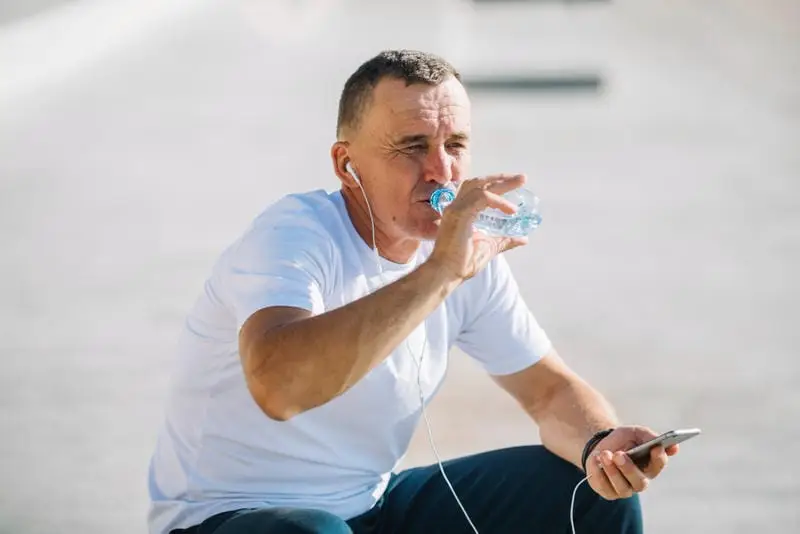- Published on: Apr 04, 2020
- 3 minute read
- By: Dr Rajan Choudhary
Developing A Vaccine For COVID-19? Part 1
It is often stated vaccination has made the greatest contribution to global health of any human discovery, other than clean water and sanitation, and their impact on everyday life is immediately evident. We have managed to completely eradicate two major infections from existence (smallpox and rinderpest) , and the WHO are working towards adding polio to that list.
In these cases the numbers speak for themselves. It is estimated that the eradication of smallpox in 1980 has saved 5 million lives per year, adding up to 150 to 200 million by 2018. Common vaccination programmes for polio, measles, mumps, rubella, rabies and hepatitis A have prevented nearly 200 million cases from occurring in the US alone over the past 50 years, and 4.5 billion instances of the diseases worldwide.
We have achieved a 99% immunisation rate against polio, preventing children from suffering crippling paralysis, and only 3 countries remain. Sadly, around 1.4 million children under 5 still die from preventable diseases each year as they do not have access to these life saving vaccines, but charities and public health organisations around the world are working hard to improve access.
So what are vaccines? And how will they help is in the face of the latest pandemic? Here we will go into the challenges behind making vaccines, and why a vaccine against COVID-19 is unlikely to be ready in the next few months, or even this year.
https://www.ncbi.nlm.nih.gov/pmc/articles/PMC4024226/ contribution of vaccination
https://www.who.int/features/factfiles/polio/en/ polio eradication
https://www.sciencedaily.com/releases/2017/03/170303163208.htm study article
WHAT IS A VACCINE
The human body’s immune system is incredibly smart. It is able to distinguish between infective organisms, such as bacteria, viruses and parasites, from our own body’s cells, target these invaders for destruction and keep our bodies healthy. Even better, the body remembers any previous infections it has had before, recognise these previous infections even quicker and even eradicate the disease before we know we are infected.
Vaccines target the immune system’s memory by presenting them with pieces of these infective diseases. The small amounts do not cause any infective symptoms, but if the person is infected later in life their body will mount a quicker response and prevent them from falling ill. These vaccines can contain broken up parts of the organisms, “dead” organisms or “live” versions that have been severely weakened so they cannot cause any harm.
In summary, medicines treat us when we get an infection. Vaccines make sure we never suffer from an infection in the first place.
THE HURDLES WE FACE IN RESEARCH
Making a vaccine is a difficult process, one that can take 3–5 years and cost hundreds of millions of dollars, sometimes billions of dollars. This is because there are many difficult steps to be taken in the process of creating a vaccine that is effective, but more importantly one that is safe.
To start with the troubling organism has to be identified. For COVID-19 it took a few weeks to recognise the virus responsible, and some time more to understand its genetic code and grow the virus in lab conditions. We then have to understand the virus, how it infects, how it causes symptoms, and how it has mutated compared to the coronaviruses responsible for SARS and MERS.
After this, we have to isolate parts of the virus our immune system will recognise. This is usually the outside coat of the virus. The DNA responsible for making these parts need to be found in the virus’ genetic code, and put inside other “skeleton” viruses. This will force the dummy virus to look like coronavirus, without the ability to infect and kill someone.
These dummy viruses can be injected into animals to see if it causes an immune reaction, whether the immune system recognises it as the coronavirus responsible for COVID-19, and whether it will protect the animal from the real COVID-19. Up to now the research has likely cost a few million dollars. The next step is when the price inflates up to billions.
If the vaccine appears safe in animals, it can be tested in humans. This can be dangerous at first, since we don’t know whether a vaccine that works in an animal will work in a human. And we don’t know if there will be any side effects to the vaccine. Human testing has to be very thorough, very careful, and safe for use. If you give too much of the virus it might make the person sick, too little and it wont immunise the person. These clinical trials can take years, and if the vaccine fails at this point its back to the drawing board, to try another step.
Now we have a basic understanding of what vaccines are and why it takes so long to make a vaccine. In the next part we will look at why viral vaccines can cause even more problems, and how far we have come with the COVID-19 vaccine,
Dr Rajan Choudhary, London UK









